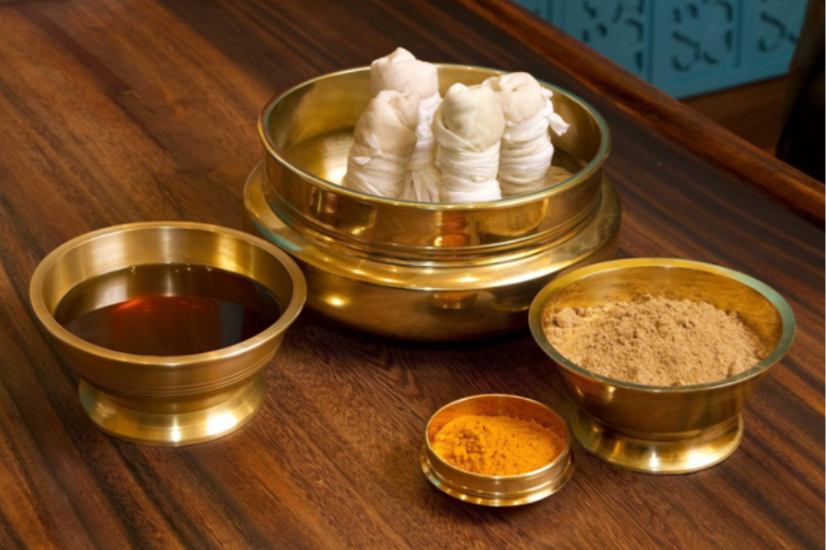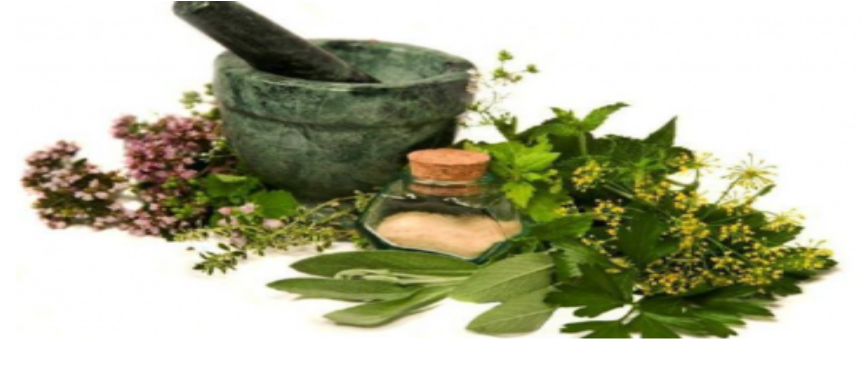Ayurveda in translation means knowledge of life. This is an alternative medical practice that has a 5,000-year history. Its roots are in Ancient India.
In our time, the methods of healing and restorative therapies used by Ayurveda are widely used all over the world, and the teaching is perceived as a natural way to achieve harmony and balance.
Often preserved over the centuries, knowledge of human nature is used to treat a number of diseases and can be combined with conventional medicine.
Moreover, in 1985 the World Health Organization recognized Ayurveda as an effective alternative to a number of classical methods, and its importance is given mainly to the prevention and overcoming of certain diseases with the help of environmentally friendly means.
Can Ayurveda help with the most serious diseases, such as cancer?
Classical and alternative medicine should never oppose and mutually exclude each other. As a result of many years of experience and the technological boom, today it is much faster and more accurate to diagnose a healthy condition. As a result of its timely detection, dangerous consequences for the body are prevented.
This is especially true for cancers , as early detection is one of the favorable conditions for a successful treatment outcome. In cancer, alternative medicine is rather applicable as concomitant with modern therapies and medications.
The role of non-traditional approaches is highly valued in improving the quality of life in the course of classical treatment. Ayurveda, for example, has globally used techniques to alleviate a person's general condition.
Many of the Ayurvedic approaches practiced today to achieve body balance are widely used in prevention, both to prevent the development of a more unfavorable condition and to limit the spread in the presence of cancer cells , in a situation of already established disease.
At what stage of the disease does alternative medicine help?
The use of the means of ancient Indian knowledge for life depends primarily on the general health of the individual. When cancer is diagnosed, the patient is given conservative treatment.
And any additional therapy needs to be agreed with the doctor so that he can assess its effect in combination with traditional medications and standard treatment procedures.
To a large extent, the leading factor is the type of tumors, their spread in the body, the stage of the disease and, in general, how the patient feels. For this purpose, the specialist doctor should perform an examination and appoint a set of medical tests – blood samples, scanner, video zone, MRI, etc.
Unlike Ayurveda, where the primary source of any disease is associated with a disturbed energy balance in the human body, conventional science will determine the degree of organ damage.
In the initial stages of any cancer (first and second degree) Ayurveda has a wider application. Some cancers respond extremely well at this stage.
The alternative effects here can be excellent for cleansing the body, eliminating toxins, overcoming the effects of certain therapies and achieving internal balance. This is due to the fact that a positive attitude towards the healing process is from extremely important for its output.
In the more advanced stages of a cancer , a person has a weakened immune system, a worsened general condition, which requires strict adherence to the prescribed therapy by the attending physician. Then alternative effects are more difficult to affect overall, but they have their attitude to alleviate some side effects of medications, chemotherapy, surgery, etc.
How can Ayurveda knowledge be applied?
Ayurveda preaches a physical, energetic and spiritual balance that helps keep the body and mind healthy . When a person becomes ill, treatment requires the restoration of the necessary harmony.
Cancer needs total mobilization of the immune system, mental and emotional resilience in order for a person to go through them as another life test.
Along with traditional therapies, the procedures related to the application of herbs, the practice of therapeutic gymnastics, massages, detoxification, etc. have a good effect. An important condition for their effectiveness is that they be in line with the ongoing basic treatment.
Herbal teas, essential oil massages and steam baths are widely used in every Ayurvedic clinic . More importantly, there is an Ayurvedic therapist to determine how they work to overcome the unpleasant effects of chemo and radiation therapy.
Also, whether detoxification procedures give excellent results when they are aimed at cleansing the liver, stomach and intestines – places where most of the harmful substances that make us sick are retained.
Aromatherapy and yoga are a way to restore inner peace. In order to overcome such an obstacle, one must be charged with sufficient spiritual strength and maintain emotional balance within oneself. It is even more necessary after successfully passing the various stages of the disease.
Meditation is perhaps the best way to get rid of harmful thoughts , which also lead to physical and emotional suffering. It is no coincidence that the ancient Indian sages attached great importance to yoga and recommended it as a daily physical activity . The different asanas and especially the proper breathing are in accordance with the functioning of each organ and system of the human body.
Last but not least, food is also paramount both for maintaining health and for a successful healing effect. According to Indian medicine , what we take can make us more resilient, but also make us sick.
For example, Ayurveda and classical medicine share the same opinion about sugar and its dangerous effects on cancer patients. It is thought to accelerate the growth of new cancer cells and should therefore be avoided.
However, many other products suppress tumors. This applies to legumes and some dairy products. Herbs and plants are also first friends in therapy.
Saffron, lemon, turmeric, cinnamon are another part of them. White tea, which has strong antioxidant properties, is extremely useful. Red berries also have these – blackberries, blueberries, chokeberries, blackcurrants, etc.
The herb ashwagandha , also called Indian ginseng, is widely used. It is used to make a decoction that is considered to be extremely healthy. However, it and other similar plants have a strong effect , so the dosage and method of application is important to consult a specialist
Sometimes herbs should not be taken in the course of traditional therapies. They are used after completing the classic course or under the supervision of a doctor , as a parallel treatment.
When alternative medicine is agreed with a therapist, it is an excellent adjunct to conjunction therapies for cancer treatment.
Photos: Ayurvedasofia.bg





0 Comments